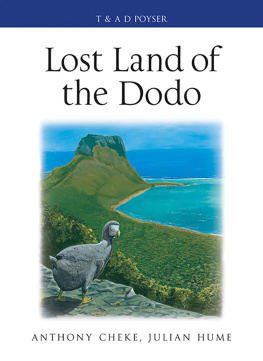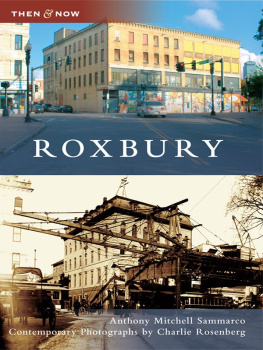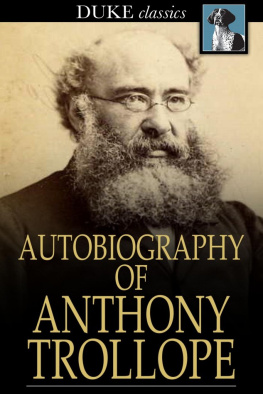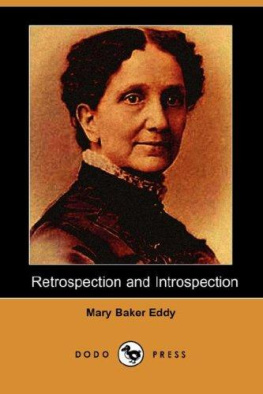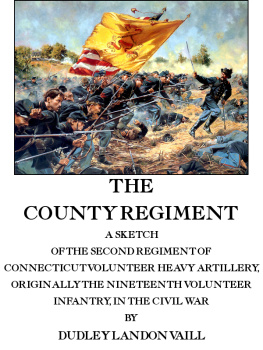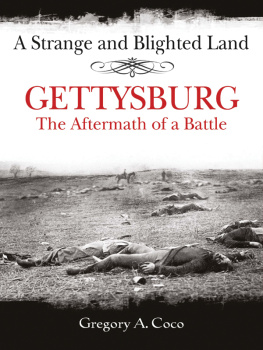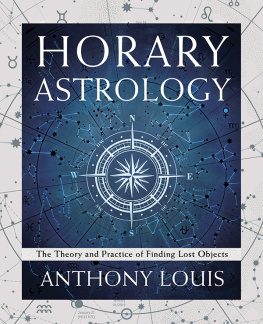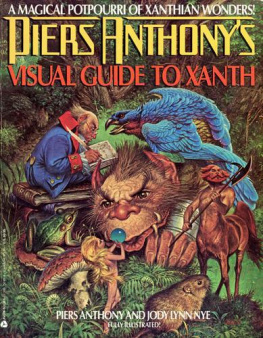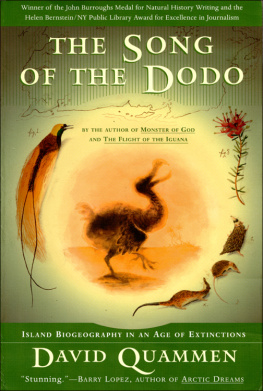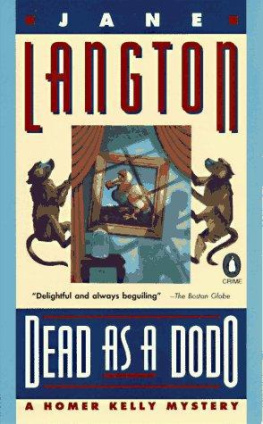Anthony Cheke - Lost Land of the Dodo
Here you can read online Anthony Cheke - Lost Land of the Dodo full text of the book (entire story) in english for free. Download pdf and epub, get meaning, cover and reviews about this ebook. year: 2009, publisher: Bloomsbury, genre: Home and family. Description of the work, (preface) as well as reviews are available. Best literature library LitArk.com created for fans of good reading and offers a wide selection of genres:
Romance novel
Science fiction
Adventure
Detective
Science
History
Home and family
Prose
Art
Politics
Computer
Non-fiction
Religion
Business
Children
Humor
Choose a favorite category and find really read worthwhile books. Enjoy immersion in the world of imagination, feel the emotions of the characters or learn something new for yourself, make an fascinating discovery.
- Book:Lost Land of the Dodo
- Author:
- Publisher:Bloomsbury
- Genre:
- Year:2009
- Rating:5 / 5
- Favourites:Add to favourites
- Your mark:
- 100
- 1
- 2
- 3
- 4
- 5
Lost Land of the Dodo: summary, description and annotation
We offer to read an annotation, description, summary or preface (depends on what the author of the book "Lost Land of the Dodo" wrote himself). If you haven't found the necessary information about the book — write in the comments, we will try to find it.
Lost Land of the Dodo — read online for free the complete book (whole text) full work
Below is the text of the book, divided by pages. System saving the place of the last page read, allows you to conveniently read the book "Lost Land of the Dodo" online for free, without having to search again every time where you left off. Put a bookmark, and you can go to the page where you finished reading at any time.
Font size:
Interval:
Bookmark:
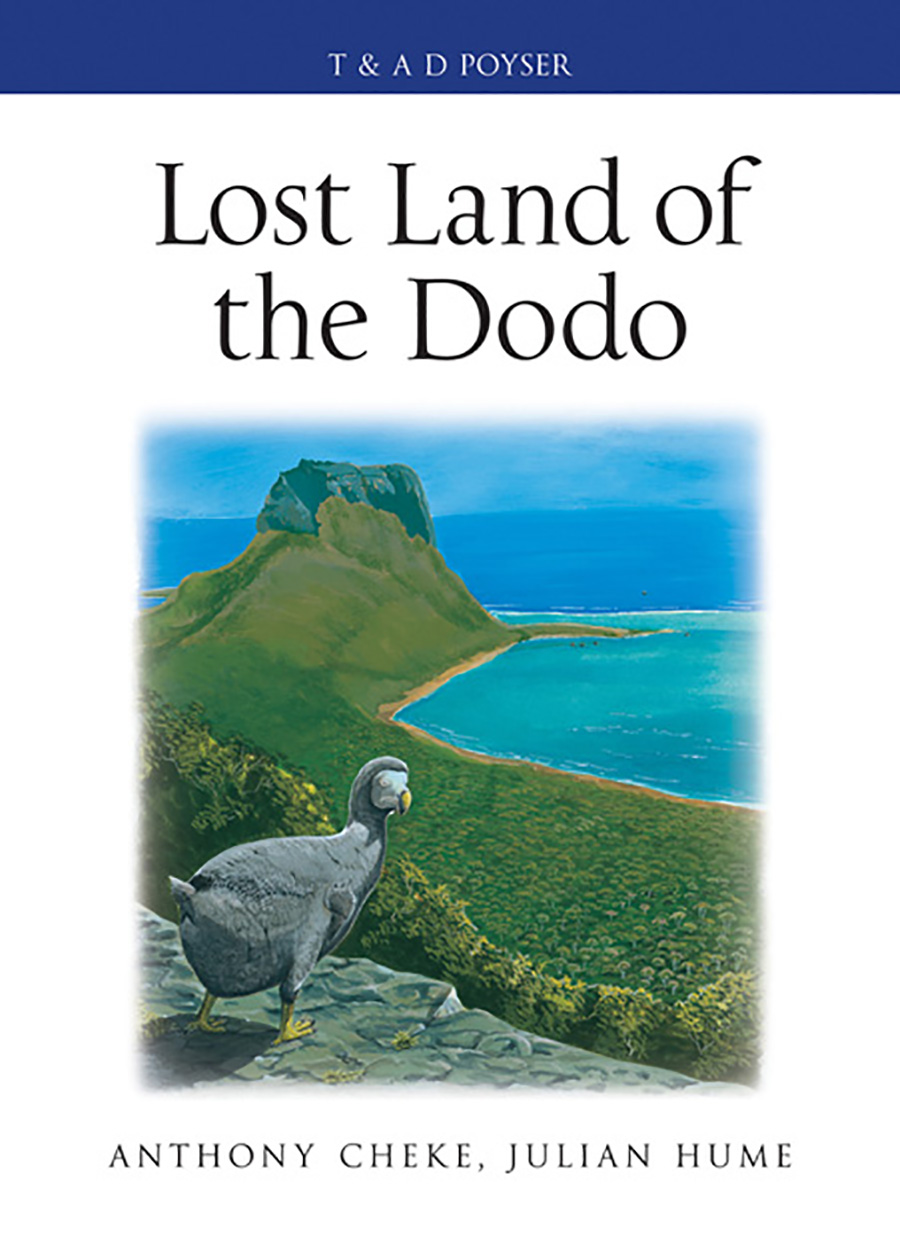
DEDICATION
W e would like to dedicate this book to the memory of our friend the late France Staub (192020051), doughty Mauritian naturalist, artist, dentist and bon viveur, who did so much, in his eclectic way, to keep wildlife issues before the Mauritian public in the later 20th century.
In addition we would like to recall some of the great characters in the natural history of the Mascarenes: Peter Mundy for suspecting evolution 200 years ahead of his time; Franois Leguat for the 17th centurys best natural history travel book and pioneering observations on bird behaviour and territory; Sieur Dubois for his precise enumeration of wildlife in near-pristine Runion; Joris Laerle for providing the inspirational and unique images of Mauritian birds drawn from life; Gui Pingr, Jean-Franois Charpentier de Cossigny and Jean-Baptiste de Lanux for sticking to facts in the 18th century; Philibert Commerson for initiating in situ illustration; Pierre Poivre for the foundations of conservation legislation; Hugh Strickland for pioneering and perceptive bio-historical research; Franois Pollen and Edward Newton for the first properly documented collecting in the 19th century, and also the pioneers of old bones, Alfred and Edward Newton (again!), whose interest in Mascarene fossil history formed the basis for all subsequent palaeontological research; also Thodore Sauzier, George Clark and Etienne Thirioux, three 19th-century amateur fossil collectors and natural historians who have never been fully appreciated, and without whose efforts our knowledge of the Mascarene fauna would have been significantly diminished; in the 20th century Reginald Vaughan, Jean Vinson, and Harry Gruchet for conservationist thinking and action against the odds; and finally Alfred North-Coombes, champion of Leguat and historian of Rodrigues and the discovery of the islands, and Carl Jones, author of Chapter 10, who has done so much to establish in Mauritius one of the most successful hands-on conservationist organisations in the world.
LOST LAND OF THE DODO
AN ECOLOGICAL HISTORY OF
MAURITIUS, RUNION & RODRIGUES
ANTHONY CHEKE AND JULIAN HUME
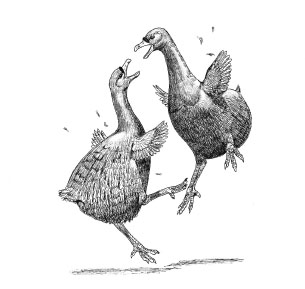
T & AD POYSER
London
Published 2008 by T & AD Poyser, an imprint of A&C Black Publishers Ltd.,
38 Soho Square, London W1D 3HB
www.acblack.com
Copyright 2008 text by Anthony Cheke and Julian Hume
Copyright 2008 artwork by Julian Hume, except for the following:
Franois Leguat Reserve, Rodrigues: colour section tl, bl; Owen Griffiths/Franois Leguat
Reserve, Rodrigues: t, b; t; b; t; Sonia Ribes/Museum dHistoire Naturelle de La Runion: tl, tr, b; br; b; bl.
All paintings in the colour section are by Julian Hume.
The right of Anthony Cheke and Julian Hume to be identified as the author of this work has been asserted by them in accordance with the Copyright, Design and Patents Act 1988.
ISBN 978-0-7136-6544-4
eISBN : 978-1-4081-0882-6
A CIP catalogue record for this book is available from the British Library.
All rights reserved. No part of this publication may be reproduced or used in any form or by any means photographic, electronic or mechanical, including photocopying, recording, taping or information storage or retrieval systems without permission of the publishers.
This book is produced using paper that is made from wood grown in managed sustainable forests. It is natural, renewable and recyclable. The logging and manufacturing processes conform to the environmental regulations of the country of origin.
Commissioning Editor: Nigel Redman
Project Editor: Jim Martin
Design by Alliance Interactive Technology, Pondicherry, India
Printed and bound in China through Phoenix Offset Ltd
10 9 8 7 6 5 4 3 2 1
Front cover: Dodo watching as a Dutch ship arrives by Le Morne
Spine: Newtons Day-gecko
Back cover: Calling male Rodrigues Solitaire
Title page: Male Rodrigues Solitaires in territorial dispute
CONTENTS
So rapid and complete was their extinction, that the vague descriptions given of them by early travellers were long regarded as fabulous or exaggerated, and these birds, almost contemporaries of our great-grandfathers, became associated in the minds of many persons with the Griffin and the Phoenix of mythological antiquity.
Hugh Strickland, 1848, on the Dodo and the Rodrigues Solitaire
[The Dodo] has remained famous as the bird whose deadness so many people and things are in danger of emulating
Australian travellers Leslie and Coralie Rees visiting its lost land in 1952
S ince its its rediscovery.
So Mauritius became the island where extinction not only had occurred, but where it was, so to speak, discovered. Out of this discovery arose the concept of preservation of species, the first step to current ideas of environmental conservation. When Edward Newton arrived in Mauritius from Britain to take up the post of Assistant Colonial Secretary in 1859, he rapidly noticed that some birds only recently still common had apparently vanished. With the first finding of Dodo bones in 1865, and then those of other extinct Mauritian species, the issue of preventing further extinctions took on a new urgency, and in 1878 Newton initiated the first laws anywhere specifically designed to protect indigenous land birds from persecution until then the only animals that attracted any legal protection were either game, quarry or food, or deemed useful in some other way; pest controllers, perhaps, or providers of commodities such as feathers or fur.
There is a sense in which the old philosophy of the sanctity of creation has indirectly infused the modern concept of conservation the idea that the earth and its wildlife are not ours to wilfully damage, that we have a responsibility to look after what we also have the power to destroy. In a materialistic world where everything has its price, where the rule of the market is no longer seriously questioned by alternative political philosophies, it is hard to make a case for anything having an intrinsic value outside the confines of human economics. Witness the relentless destruction of irreplaceable forests with their immensely complex and subtle ecology for the sake of a few million dollars worth of dead wood. Fortunately many humans retain an inherent appreciation of beauty, a curiosity about their world, a fascination with the grandeur and absurdity of nature that allows them to see that all this does have real, if intangible, value. The Dodo was both grand and absurd, but above all, like all lost species, a precious example of the process of evolution through aeons of time in its own little world of Mauritius.
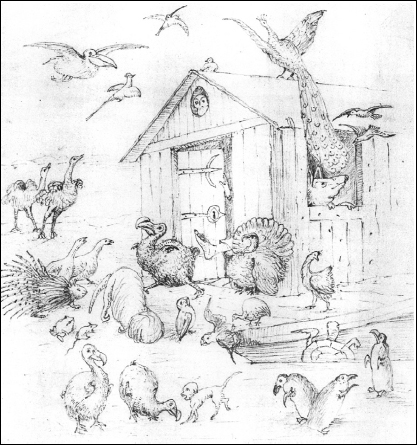
We are used to seeing on our television screens fictional cultures that have evolved on other planets throughout the cosmos, and enjoy seeing the weird aliens that life has thrown up in far galaxies. Our own world is in fact remarkably like the fictional universe think of islands and continents as planets where each has its own special circumstances and generates its own peculiar life-forms. There are huge ones and tiny ones, each with its irreplaceable specialities. They have all been invaded, but do we want them all to be subject to the uniform bleak conformity of the Empire or the Dominion the local inhabitants exterminated by the rats, bulldozers, pesticides, concrete and blind incomprehension of a western culture (and its imitators) out of control?
Next pageFont size:
Interval:
Bookmark:
Similar books «Lost Land of the Dodo»
Look at similar books to Lost Land of the Dodo. We have selected literature similar in name and meaning in the hope of providing readers with more options to find new, interesting, not yet read works.
Discussion, reviews of the book Lost Land of the Dodo and just readers' own opinions. Leave your comments, write what you think about the work, its meaning or the main characters. Specify what exactly you liked and what you didn't like, and why you think so.

